The World Health Organization (WHO) has expressed its commitment to assisting Bangladesh in strengthening the capacity of physicians and other healthcare professionals, as well as in addressing climate change-related health challenges and achieving Universal Health Coverage (UHC).
During a courtesy call on Prime Minister Sheikh Hasina at her official residence, Gonobhabhan, WHO South-East Asia Regional Director Saima Wazed conveyed the organization's eagerness to collaborate with Bangladesh on various fronts, as outlined by PM's Speech Writer Md Nazrul Islam.
Specifically, WHO intends to focus on enhancing the skills of physicians and other healthcare professionals through training and capacity-building initiatives. Additionally, the organization aims to support Bangladesh in effectively managing diseases associated with climate change and providing assistance to vulnerable groups, including women, children, and persons with disabilities.
Given Bangladesh's vulnerability to climate change impacts, such as natural disasters, WHO will prioritize efforts to address health issues exacerbated by environmental factors like air and sound pollution and rising temperatures.
Furthermore, the organization recommends incorporating mental health considerations into healthcare training programs and curricula to improve patient care and support individuals with mental health disorders.
In alignment with Bangladesh's goal of achieving UHC, WHO will extend its support to ensure universal access to healthcare services across the country.
Prime Minister Sheikh Hasina acknowledged WHO's vital role as a development partner in Bangladesh's healthcare sector. She highlighted the government's achievements in expanding healthcare infrastructure, including the establishment of community clinics and the provision of free healthcare services and medicines to women and children, leading to significant reductions in child and maternal mortality rates.
Moreover, Sheikh Hasina emphasized the importance of early detection and treatment of breast cancer, highlighting the government's efforts to introduce a referral system for breast cancer diagnosis at the grassroots level.
Additionally, Bangladesh plans to assist Bhutan in constructing a burn unit and aims to become a regional hub for health education, leveraging its growing number of international students from Bhutan, Nepal, and India.
Sheikh Hasina underscored the government's initiatives during the COVID-19 pandemic, such as recruiting additional healthcare professionals and implementing licensing examinations for private practitioners.
The meeting also featured discussions with Harvard University's history Professor Sugata Bose, focusing on the historical ties between Bangladesh and India, particularly during the 1971 Liberation War.
PMO Secretary Mohammad Salahuddin was present during both meetings. Sugata Bose, a descendant of Subhas Chandra Bose and Sharat Chandra Bose, is the grandson of Sharat Chandra Bose.



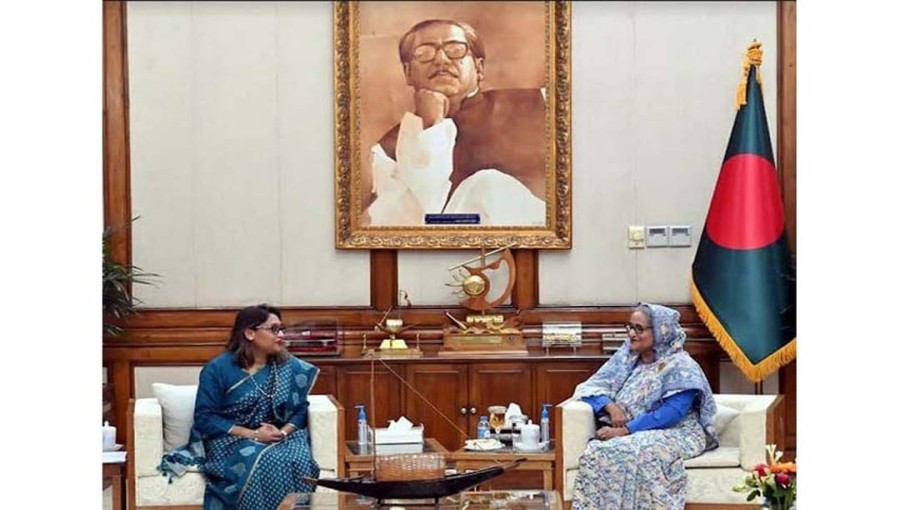
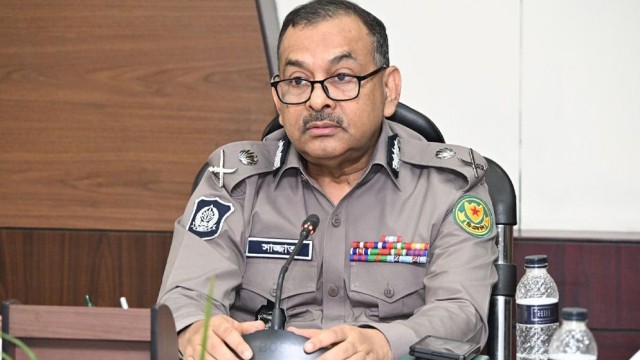
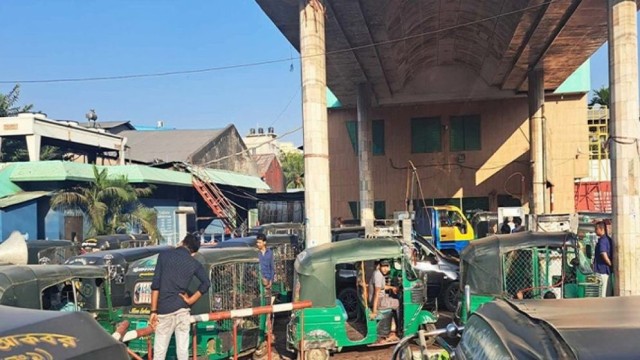
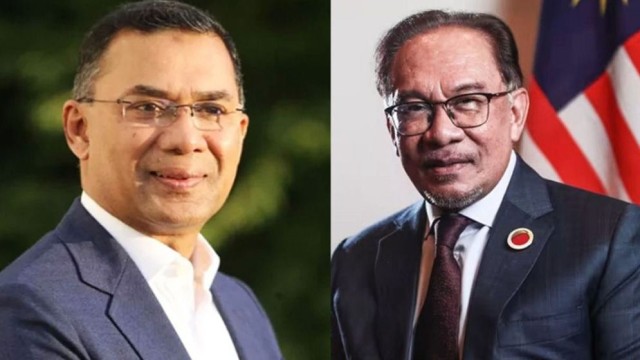
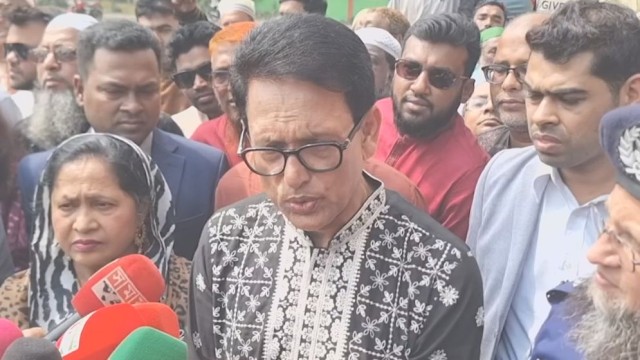
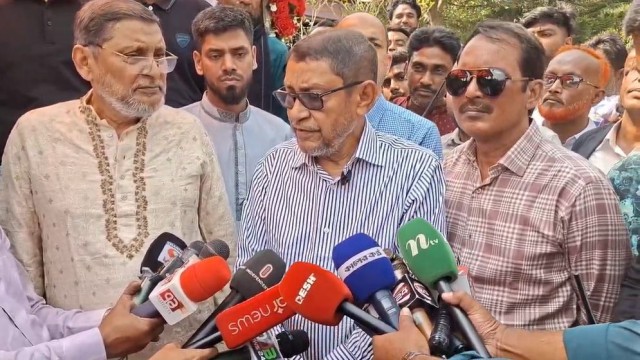
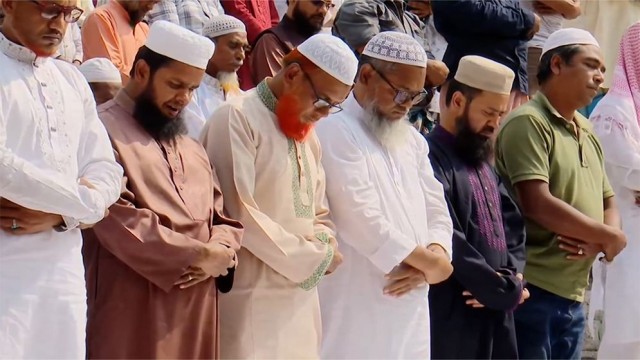
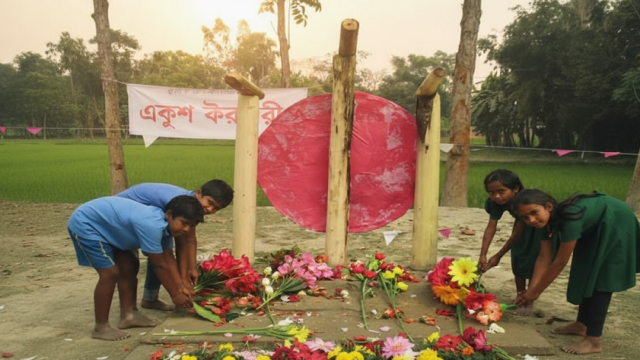
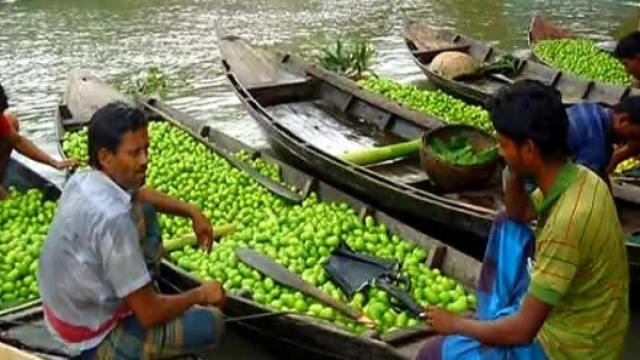

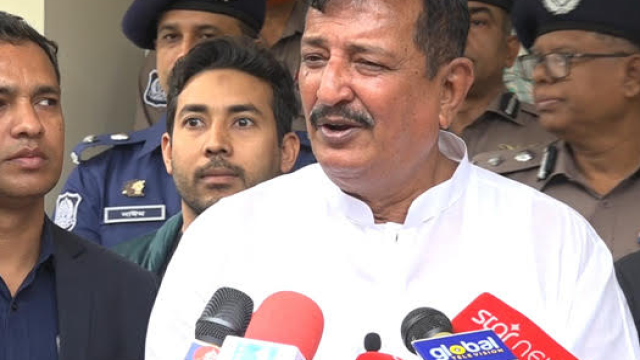

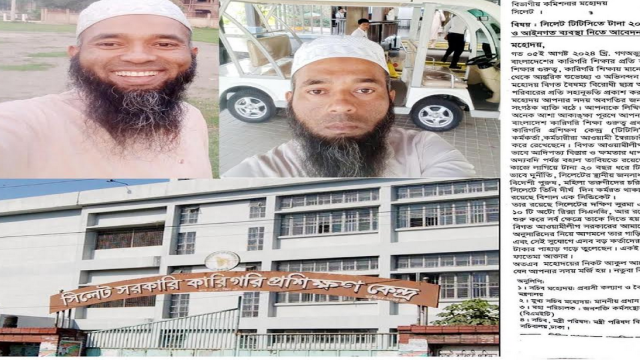
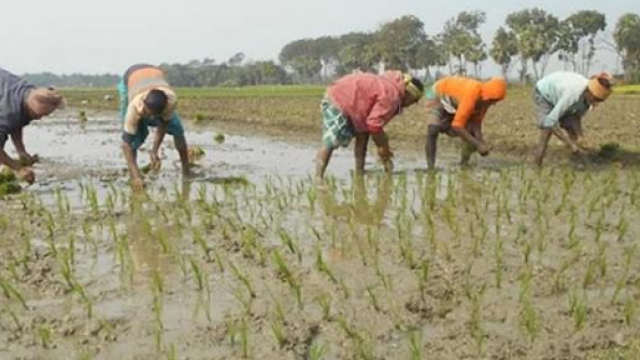
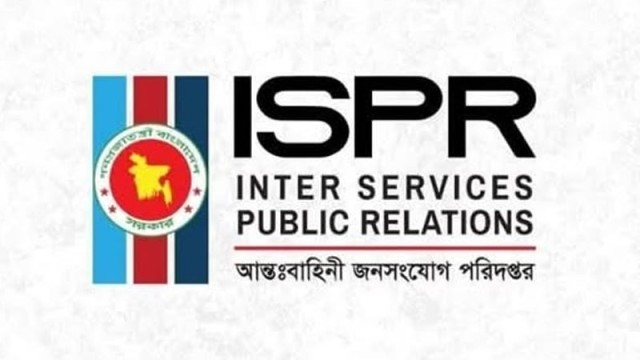
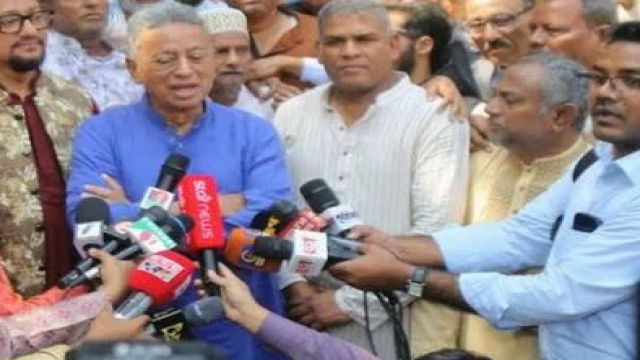
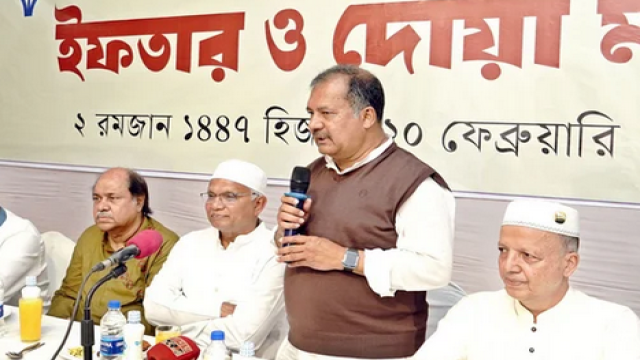




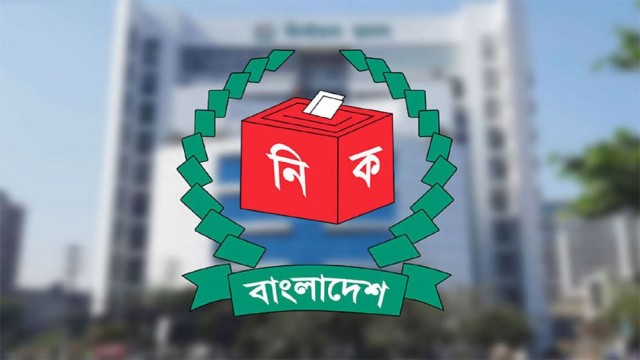
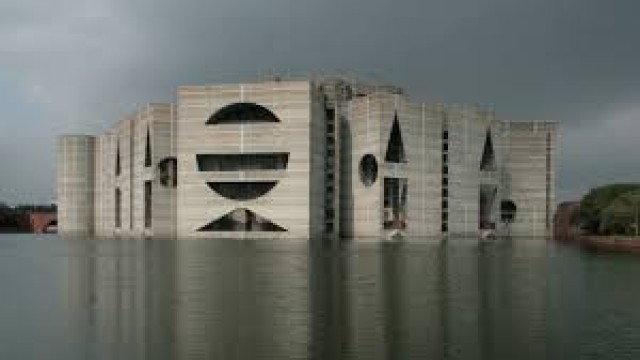





Comment: